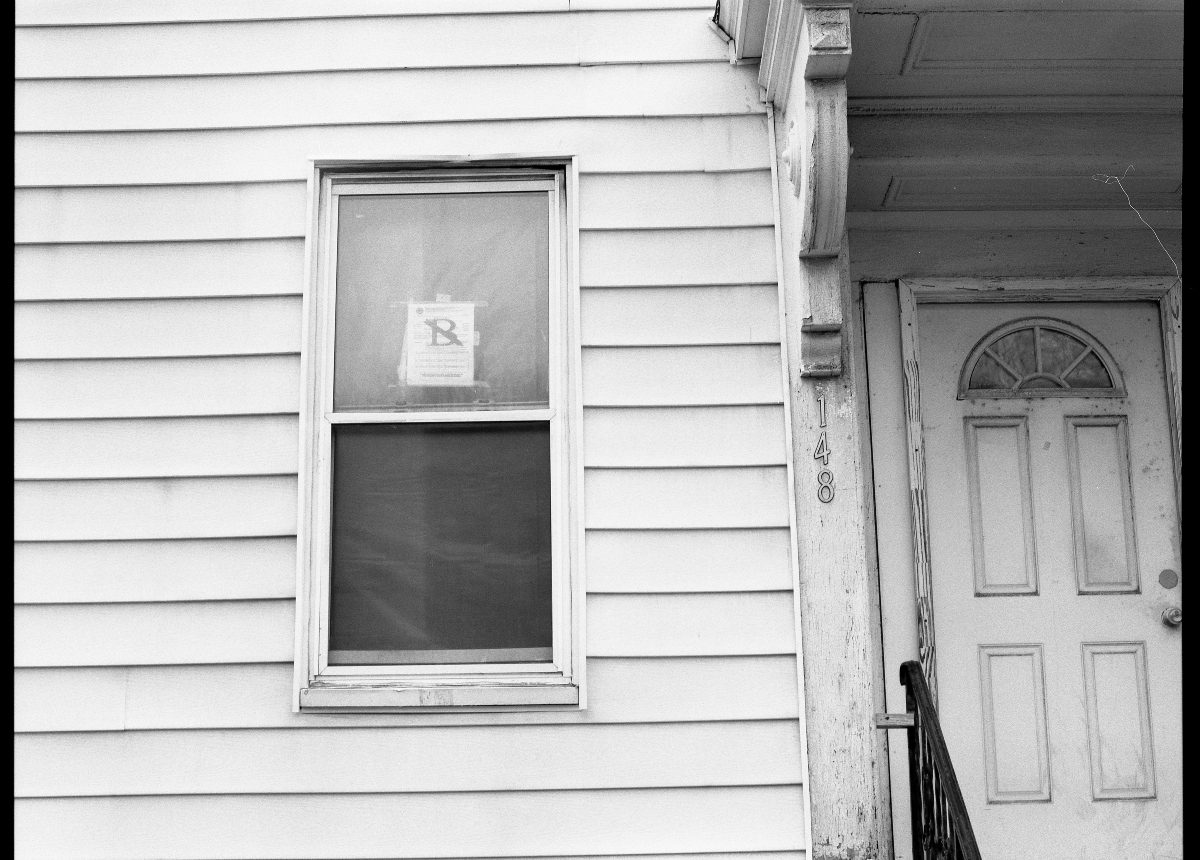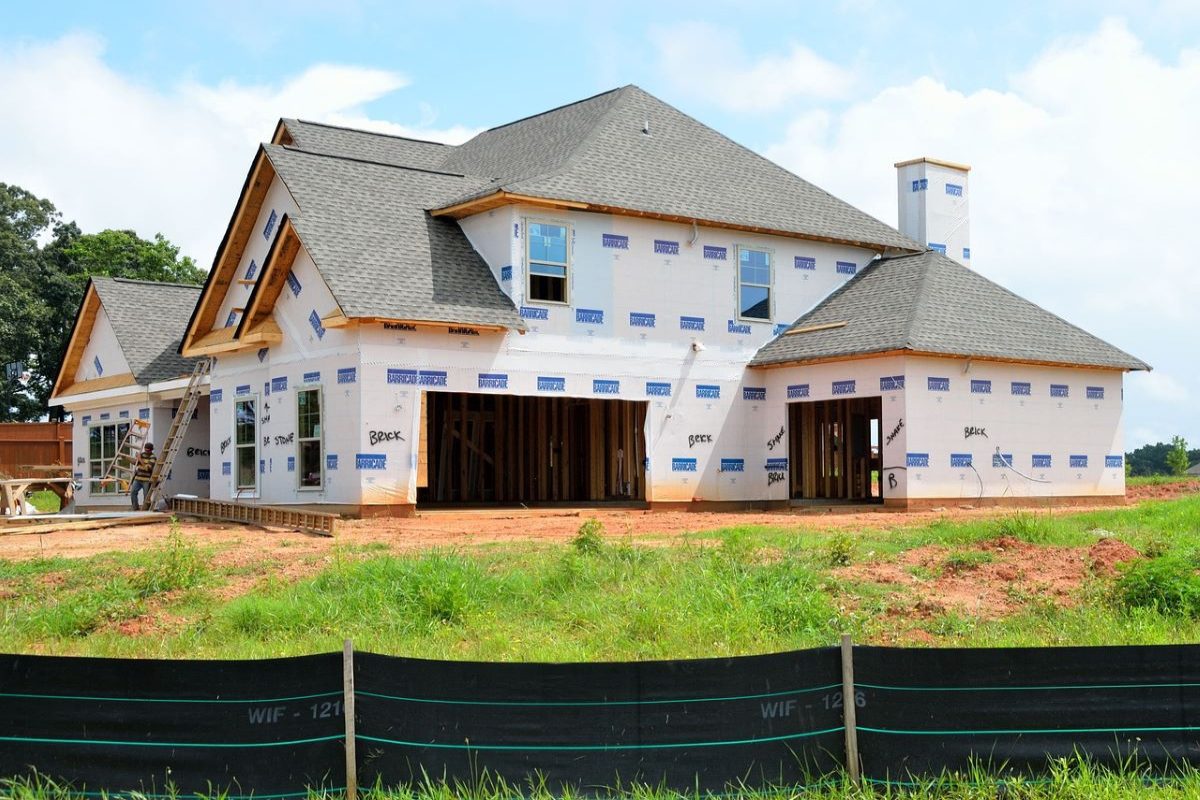Will The Housing Market Crash in 2024? What to Expect Looking Forward
The question on everyone's mind, whether a tenant, landlord or homeowner, is, will the housing market crash in 2024? For those who remember the Great Recession, which began in December 2007, the mere question is a gut punch. And, depending on the clarity of one's crystal ball, answers range from not a chance to a complete washout.

The U.S. has been through five major housing crashes since 1837, which gives us the gift of hindsight. Let's explore the signs that suggest an imminent crash and how this possibility may affect renters and landlords. Even more important than a trip to the soothsayer are some steps you can take to adapt to the new economic climate.
The recent forecasts
Fannie Mae, a government-sponsored enterprise that provides affordable mortgage financing, came out with their upgraded housing forecast on April 21, 2023. They estimate housing prices will decline by 1.2% in 2023 and will further decline by 2.2% in 2024. While suggesting a drop, this is a better forecast than their originally anticipated 4.2% decline in 2023 and 2.3% drop in 2024.
What happened?
Economics 101 happened, otherwise known as supply and demand. Many experts believed the housing market would take a dive this year, partly due to the Federal Reserve's continued interest rate hikes as they combat inflation. According to Freddie Mac, the current 30-year, fixed-rate mortgage as of August 3, 2023, is 6.9%, up 1.91% from the previous year and more than double the average 3.22% rate in January 2022.
However, a low inventory or continuing shortage of homes for sale seems to be keeping the housing market steady despite rising mortgage rates. Regardless, the government-controlled mortgage company still anticipates a modest recession as an outcome of the Fed's policy.

The housing shortage
Digging a little deeper, we find that the interest rate hikes contributed to the low housing inventory. Homeowners who got in at the right time and locked in a low mortgage rate are reluctant to sell. Additionally, new home construction slowed post the Great Recession and has yet to completely recover.
According to Trading Economics, the sale of single-family homes, townhouses and condominiums fell by 3.3% in June 2023, the lowest level in five months. The South saw the greatest declines.

The cyclical nature of the real estate market
The housing market typically follows a cyclical nature. The peak of most real estate cycles averages about 18.6 years and is never shorter than 17 years or longer than 21. Economist Phil Anderson was one of the first to cite this relatively stable prediction. He suggests that this cyclical nature has remained constant for 231 years.
A look into our history books reveals that housing prices peaked in 1973, 1989 and 2007. If correct, that would suggest the top of our current cycle extends to 2025 or 2026, which gives us a bit of breathing room.
A recession's effect on home prices
Considering Fannie Mae's prediction of a modest recession, you may wonder about a recession's effect on the housing market. Generally, home prices fall during recessions. As a recession is a prolonged economic downturn, consumers tend to avoid financing new homes. The result is weaker demand and lower prices.
However (a common word when discussing economics), there are exceptions. How much home prices rise or fall varies due to local market conditions.

Signs suggesting a housing market crash
Knowing the clues to look for can help you make smart decisions and prepare in advance. As Andrew Graham Bell said, "Before anything else, preparation is the key to success."
The following signs appear before a crash:
- Increasing foreclosures: According to ATTOM's Midyear 2023 U.S. Foreclosure Market Report, there were 185,580 U.S. properties with foreclosure filings in the first six months of 2023. That's up 13% year-over-year. Despite this increase, it remains below historical norms. For instance, in 2008, that figure was 1,332,991. Keep a wary eye out for a rise in foreclosure activity.
- Increasing home prices: Between 1999 and 2007, home prices soared 70%. According to CNN Business, between the spring of 2020 to 2022, home prices rose almost 40%. Housing bubbles, periods when many homes are valued for more than their worth, usually precede a housing market crash. While on a slight decline, the housing shortage remains the buffer protecting us from significant price reductions.
- Predatory lending appears: Predatory lending imposes deceptive and unfair loan terms on borrowers, carrying high fees and interest rates. These lenders and the unregulated markets played a significant role in the Great Recession. The good news: Current laws mean shady lenders may face retaliation from the U.S. government, making this much less likely to repeat itself. However, in his infinite wisdom, Mark Twain once reminded us, "History never repeats itself, but it does often rhyme."

How will a housing market crash affect renters and landlords?
If the market bursts, housing sales tend to go down. The result is more people renting homes. As we know from our supply and demand discussion, an increase in demand may lead to higher rent prices.
However, rent from May to June rose about $12 on average or 0.6%. This represents a continuing slowdown since the record high of 16.2% year-over-year growth in February 2022. Additionally, approximately 977,000 multifamily housing units were under construction in June. Rent growth may diminish as these apartments enter the market and add to the supply.
Landlords can usually depend on steady income because of the demand for rentals. Sometimes, however, a down housing market can be a precursor to a recession. As recessions affect job security and unemployment, landlords may face tenants struggling to pay their rent.
Weathering the new economic climate
Landlords should keep an eye on the rental rates of competitors in their area. If you find yourself charging more than the average, you may lose tenants. Keeping units rented out in a downturn may require reducing your profit margin and becoming more competitive in pricing. It will, however, help you weather any upheavals and make it to the other side. And remember, there's always an upside after a downturn.
Renters should also keep an eye on rental rates. With the increasing supply of multifamily housing units and rental vacancy rates increasing modestly, Nasdaq believes renters can expect a decrease in rates. This may offer the opportunity to move to a location that's been just out of reach or lock in a lower rate with an extended lease.
In an ideal world, both renters and landlords would have six months' worth of expenses in savings. Considering that about 61% of people in America live paycheck to paycheck, that can be a challenge.
Will the housing market crash?
It seems we're back to where we started, the question everyone would like an answer to. With the current shortage in inventory, it appears a housing market crash is not imminent. We also know the cyclical nature of life and that, chances are, sometime in the unknown future, prices will fall.
